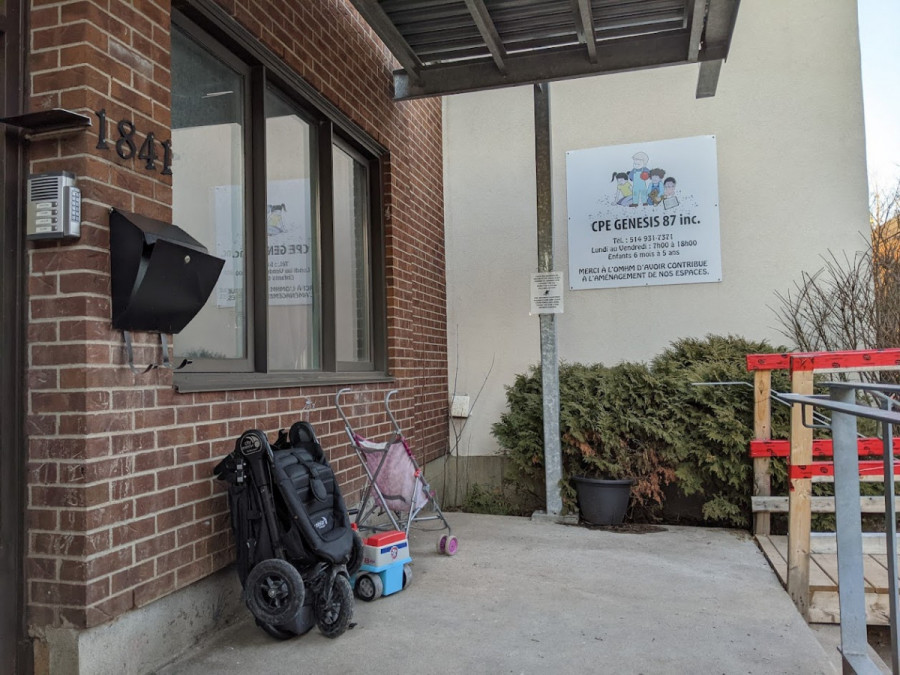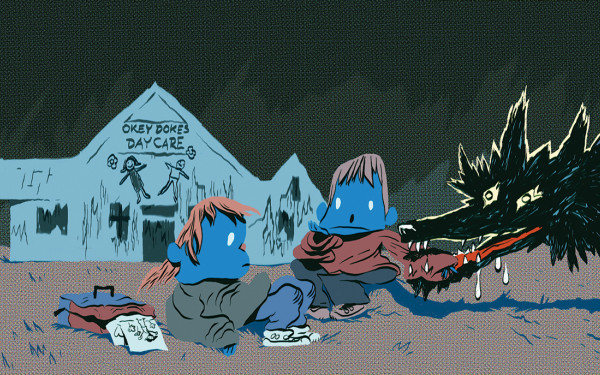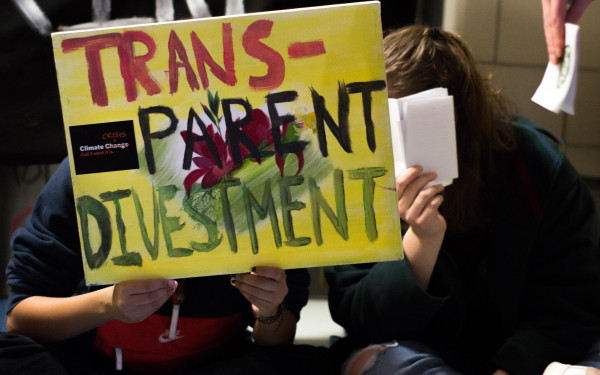Daycare workers proceed in negotiations with the Quebec government for better pay.
Early childhood educators fighting for their labour rights after years of negligence
Centre de la Petite Enfance workers ended their two month long strike after a new agreement in principle was reached with the provincial government on Dec. 8.
CPE members from Quebec unions spanning the Fédération des travailleurs et travailleuses du Québec, Centrale des syndicats du Québec and Confédération des syndicats nationaux have stopped their strike mandates. Now, all parties are negotiating with the government after months of protest after most of their demands fell on deaf ears from Premier François Legault and his cabinet. Unions wanted better recognition for educators and fought to obtain salaries equal to those of teachers in other public sectors.
Public daycare center CPE Genesis, who held a strike on Nov. 10 in coordination with 10 other CPEs affiliated within the Fédération des travailleurs et travailleuses du Québec, had declared another round of unlimited strikes for Dec. 9.
"We announced last week through our press release that we have reached an agreement in principle. However, we cannot comment on the details until our members go over it,” said Benoit Hamilton, a representative of the SQUEES-FTQ. Hamilton believes the results of the agreement will most likely be announced by the end of December.
Maylin Winter is an educator at CPE Genesis who is demanding recognition for her work and feels brushed aside by the provincial government in comparison to other public sectors who receive more compensation. She was one of the workers striking on Nov. 10. and while passionate about her job, she feels that the government undervalues her work and underpays her as a result.
“We want to have respect. People think of us as babysitters. No, we are educators,” Winter said. “[During] the first five years of a child’s life, we are playing a very important role, and I want people to understand that this is their investment [their children’s education and future],” she said.
Irena Badita, a SQUEES-FTQ union councillor, was on the scene at the strike in solidarity with her colleagues. She explained that CPE educators undergo a three-year technical program in order to teach in early childhood education. She said they are paid significantly less than other educators in the field with equivalent levels of education and job responsibilities in the public sector.
Badita stated that an educator with seniority who works in a hospital can make up to $35 per hour. In contrast, an educator who works in a CPE with the same level of education makes only about $25 per hour–a $10 pay gap for what amounts to the same responsibilities. According to the union’s website, a CPE educator makes around $4 to $5 less than an educator working at a hospital.
“We want to have respect. People think of us as babysitters. No, we are educators.” — Maylin Winter
The SQUEES-FTQ has been questioning the government on the reason behind this pay gap in comparison to other public sectors, who have the same funds. Badita believes that the Coalition Avenir Quebec government created this wage gap because the vast majority of workers in daycare centers are women. She claims the government is stuck in an archaic model and that this is why they undervalue women and children’s needs. For her, the CAQ continues to promote gender inequality.
“[In] 2021, it's unacceptable to belittle the work of women and then take for granted the work they do in childcare,” she added.
Less people are registering in early childhood care and education programs. According to Badita, the pay is not enough for the amount of work and study required for students interested in pursuing a career in the field.
Badita claims that the shortage of workers in CPEs is incredibly high. There are not enough people available to fill job positions as older educators retire. This is in part a consequence to the lack of pay incentive. Badita believes improving the working conditions and raising salaries is urgently needed in order for the CPE system to continue working without the exploitation and burnout of employees.
For Winter, being a childhood educator can be physically, emotionally, and mentally demanding. On average, most workers tend to a classroom of 8-15 kids depending on the center and the age group. This isn't always easy as she explained that it is common for workers to get injured while working with children, often to prevent accidents, and that they also work with kids who have disabilities who require more care and attention.
According to Winter, parents would not be able to function or go to work without the help of educators. A recent poll by the Canadian market research and analytics company Leger has shown that most parents have been supportive of the general strikes.
“We’re guiding the kids all day. We are a liaison between the parent and the kid. We notice things [because] it’s more than just watching a kid.”




_600_375_90_s_c1.jpg)


